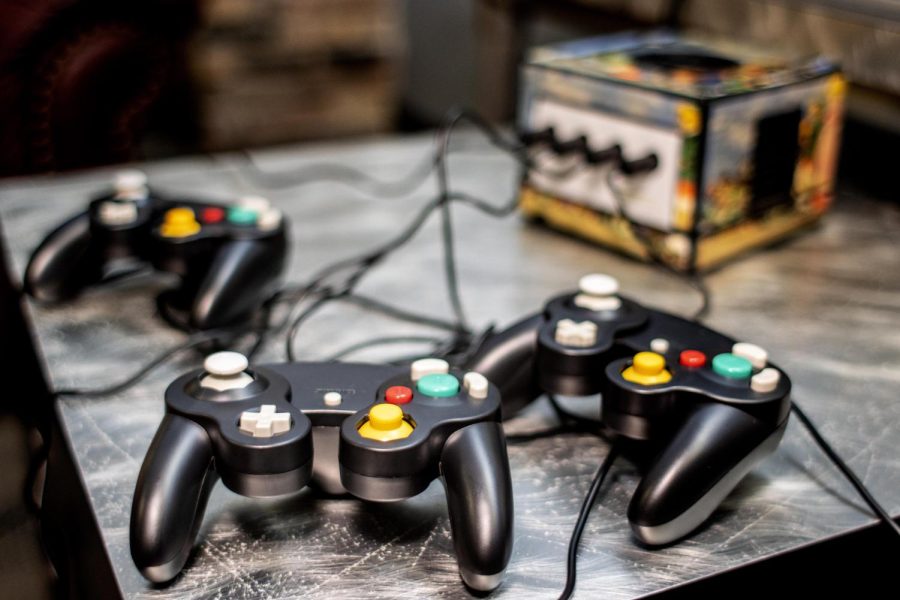Don’t underestimate cartoon characters
October 25, 2017
When I saw “Big Mouth” featured on Netflix, I was skeptical to say the least. The animation was kind of unsettling, the idea of hormonal kids is pretty weird, and the preview of the hormone monster made me really uncomfortable. I had no interest in the cartoon and I kind of forgot about it, at least until I heard my roommate laughing her butt off in the next room and I popped my head in. Low and behold, she was laughing at Big Mouth.
I decided to give the show a surprise, and I was not disappointed. The characters were goofy, yet created with a careful consideration for the plight of the prepubescent teen in modern society. Obnoxious side characters acted as foils for the delicate characteristics that exist in the protagonists, and then it all is flipped in a balance between desire, anxiety, and hormones. I finished the series in less than a week and I found myself hungry for more.
Being 21, I thought I was kind of beyond the exhausted coming of age narrative, but modern cartoons, challenge the idea of rites of passage within adolescence, and even into adulthood. BoJack Horseman, another cartoon I was skeptical about, turned out to be one of my favorite shows of all time. A washed-up sitcom actor turns to drugs and women to cope with the inevitability of being forgotten. BoJack and his peers fall in and out of love, pursue dreams they thought they wanted, and find themselves completely alone in their suffering. This show was unexpectedly heavy and hard to watch at times, but the audience soldiers on and finds themselves laughing again. Both Big Mouth and BoJack Horseman create an odd balance between laughing at things that are not supposed to be funny and feeling complete loss and failure with things that do not seem to matter much at first glance. The show explores themes that are hauntingly familiar for someone like me; someone who struggles to balances the demands of school, relationships, and a sense of purpose in this life.
The characters in these cartoons, much like real people, are dynamic and self-destructive. Indulging in a medium of art that admits the faults of mankind without the promise of a resolution is a sad, yet even more satisfying experience. I find myself within characters such as BoJack, who is a horse, and the Hormone Monstress, which is a vulgar depiction of womanhood. Imperfections and all, these characters remind me of what it means to be human.
Like, actually human.
As an English major, I am always reading stories about the triumph of the human spirit. Every week, I will finish off a novel or two about people in war-torn countries or happy people who had their lives torn apart by unforeseen tragedies, but they move on and learn from it. Well, real life is not like that. Sure, bad things happen to good people, but sometimes I will sabotage my own happiness. What happens after? Well, I cannot very well steal the “D” from the Hollywood sign or find solace in a giant, hairy monster, but I can sit in the shambles I created and wallow in my pain and misery for awhile. Then, I will laugh and shake it off, and then maybe watch a couple episodes of something on Netflix.
Abigail Carlin is a junior English major. She can be reached at 581-2812 or at alcarlin@eiu.edu.

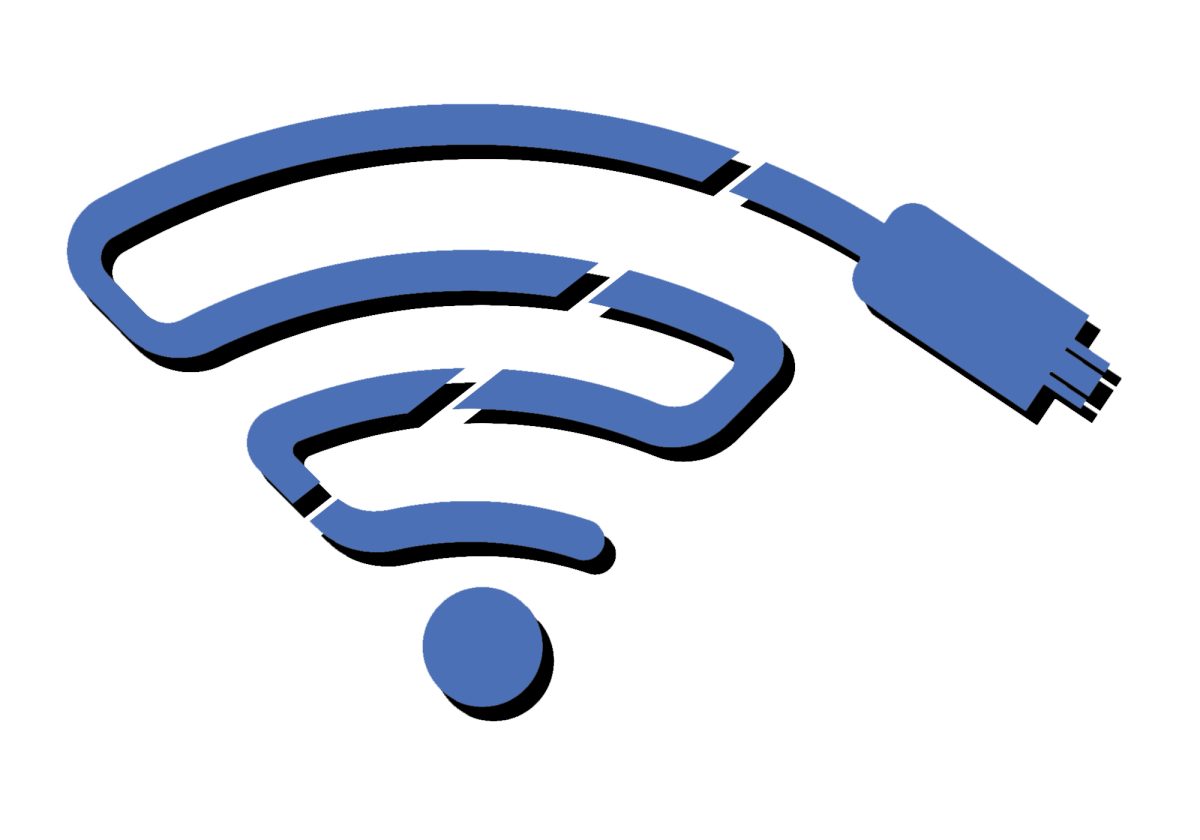



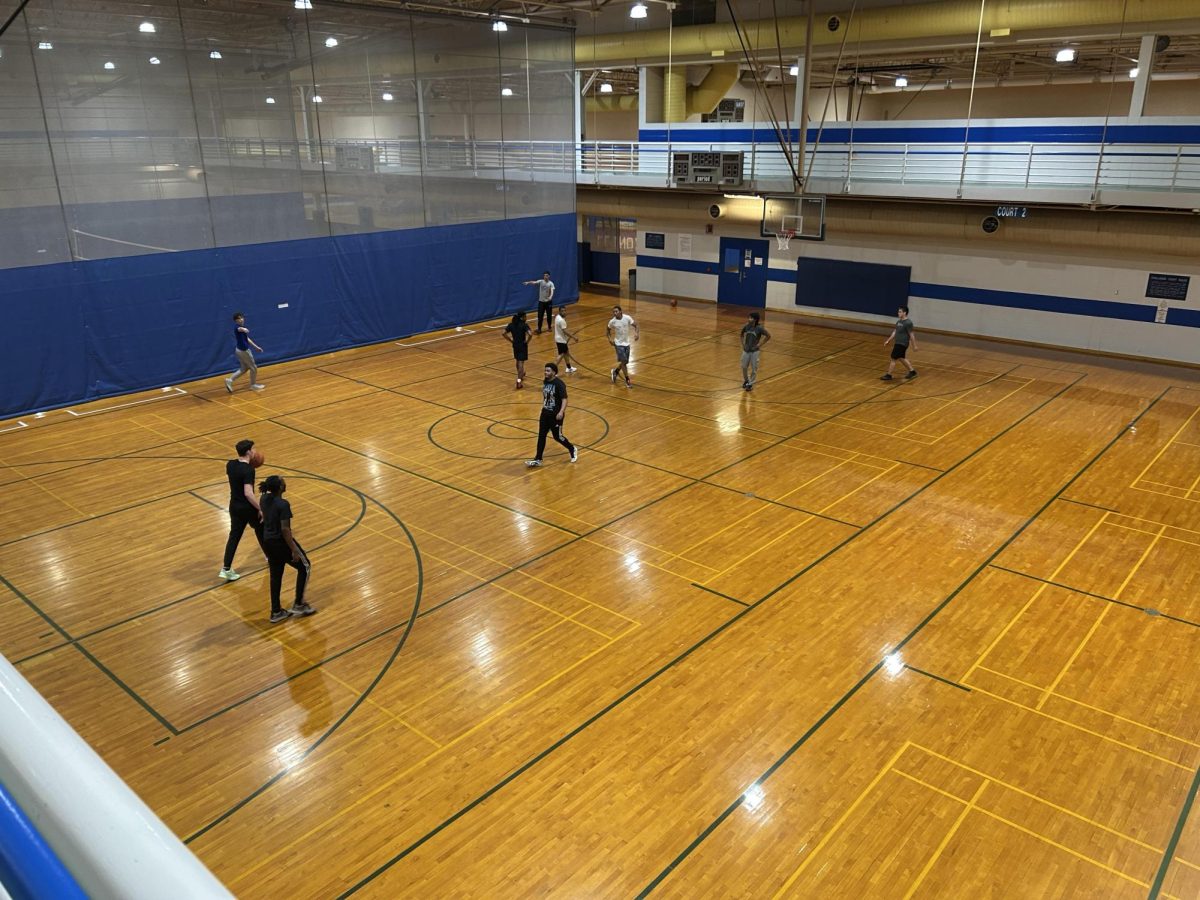
![[Thumbnail Edition] Senior tennis player Luisa Renovales Salazar hits the tennis ball with her racket at the Darling Courts at the Eastern Illinois University campus in Charleston, ILL.](https://www.dailyeasternnews.com/wp-content/uploads/2025/03/Tennis_01_O-1-e1741807434552-1200x670.jpg)

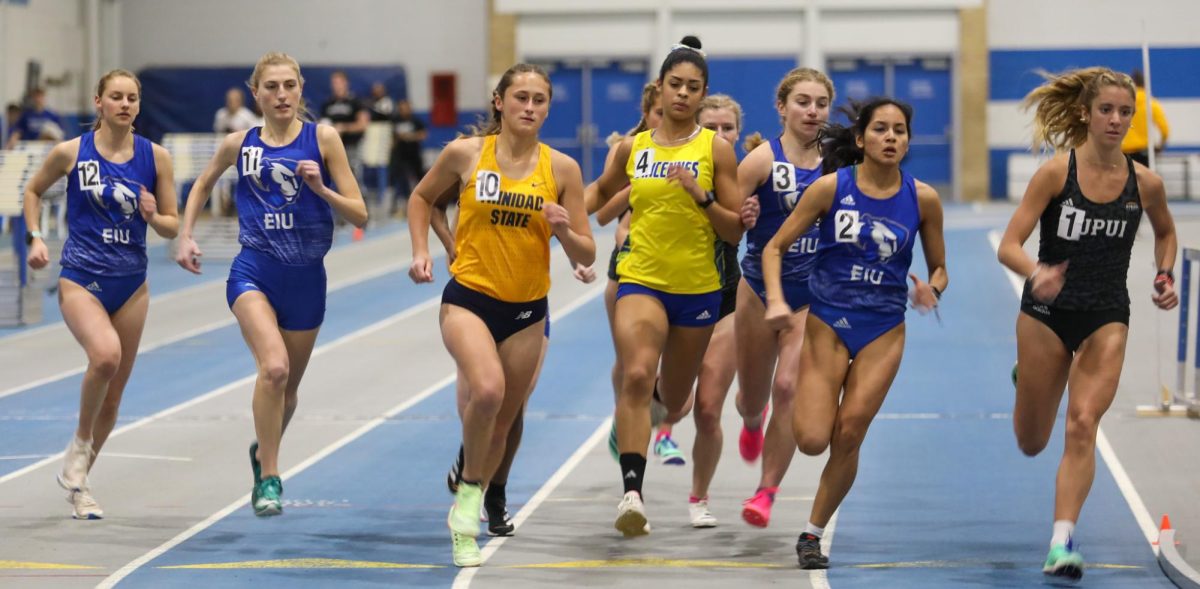
![[Thumbnail Edition] Senior right-handed pitcher Tyler Conklin pitching in the Eastern Illinois University baseball team's intrasquad scrimmage at O'Brien Field in Charleston, Illinois on Jan. 31.](https://www.dailyeasternnews.com/wp-content/uploads/2025/03/TC_01_O-e1741567955534-1200x669.jpg)

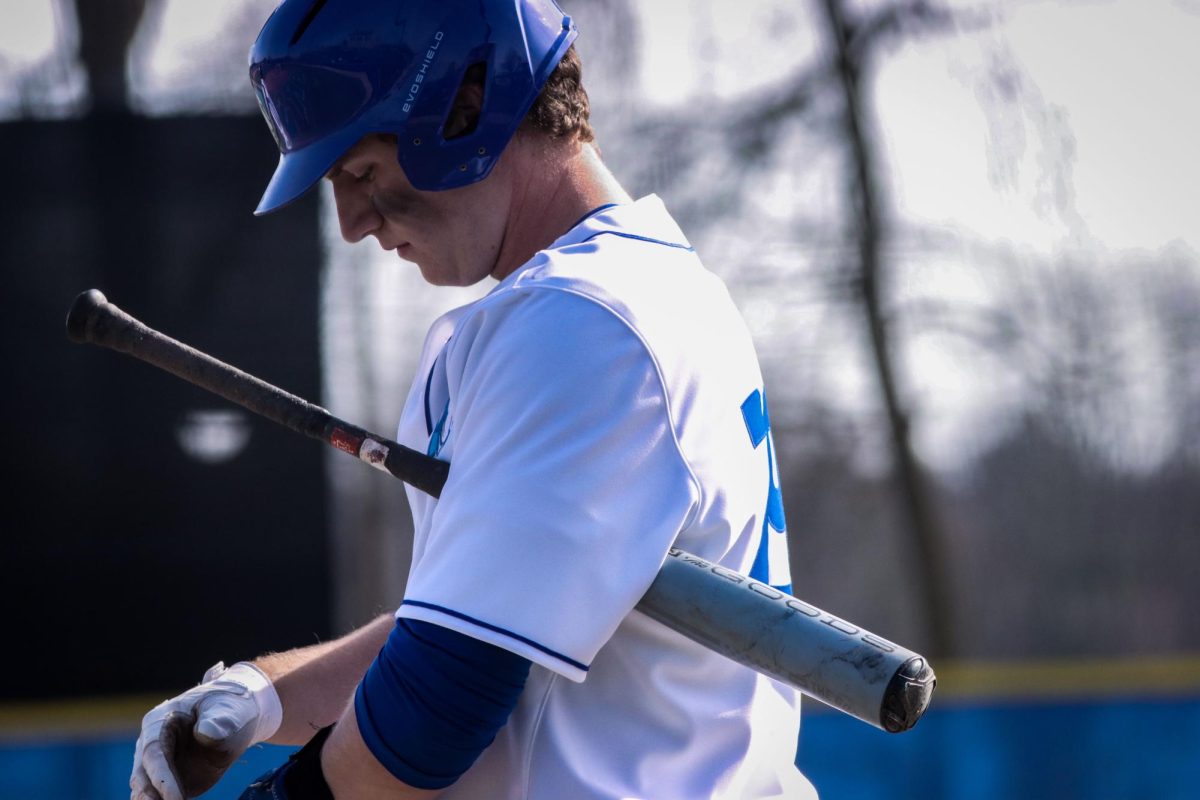
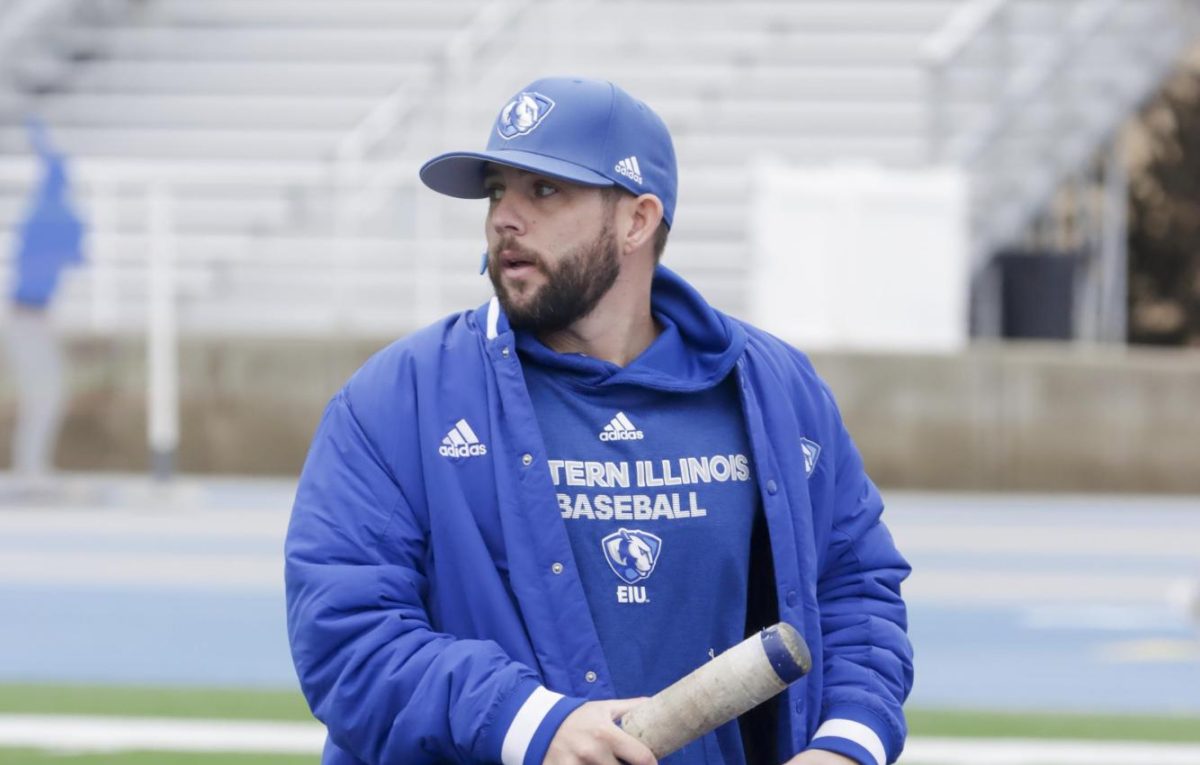
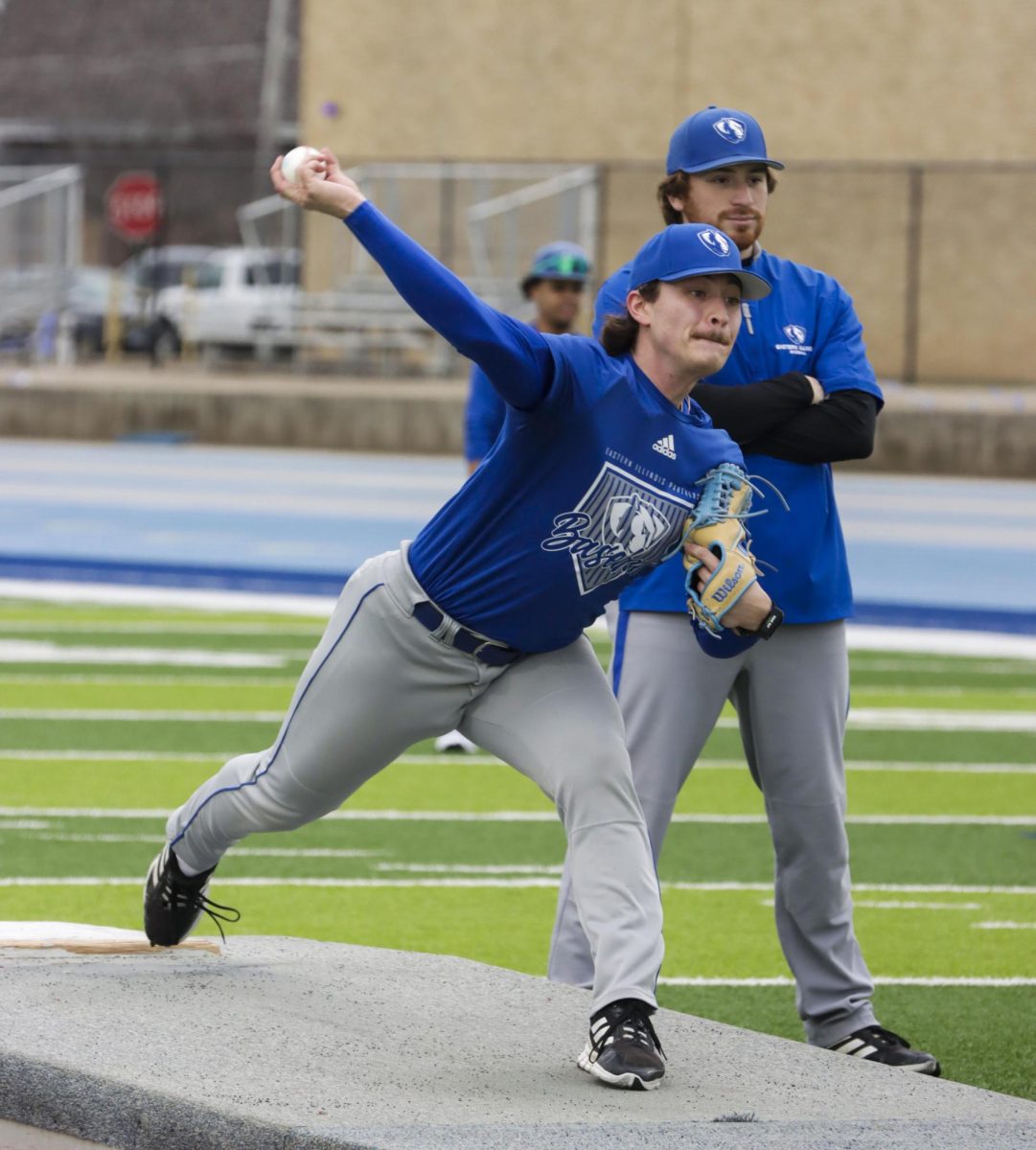


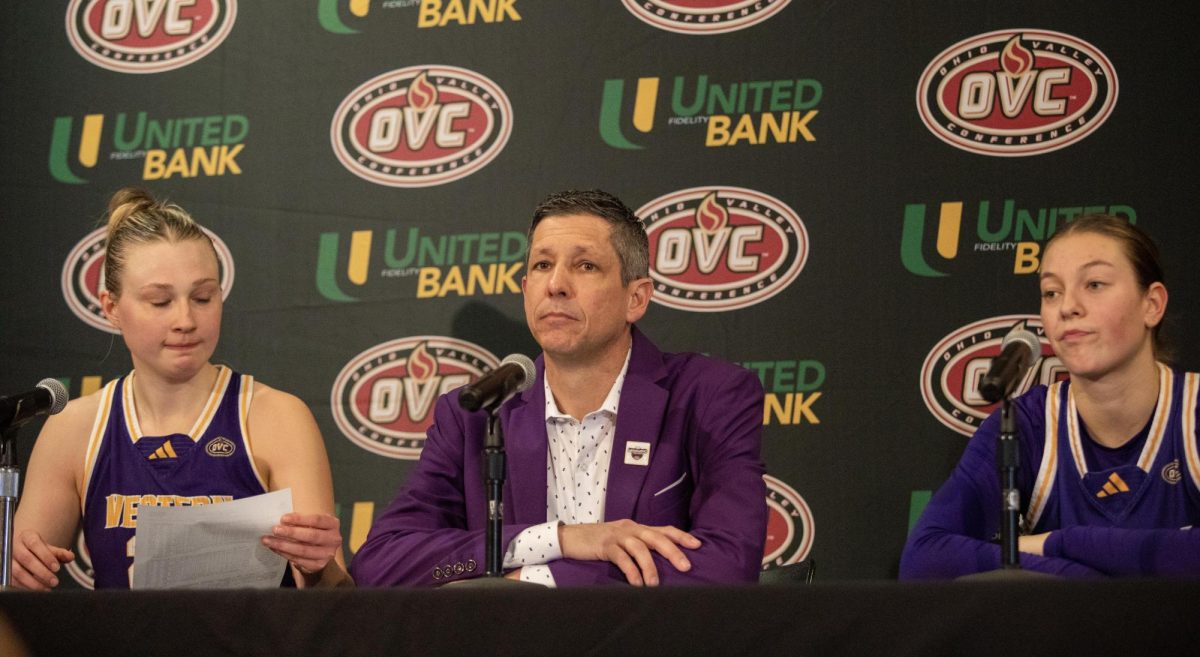
![[Thumbnail Edition] Senior, forward Macy McGlone finds an open teammate to pass the ball too during the game against the Tennessee State Tigers 69-49, in Groniger Arena on the Eastern Illinois University campus, Charleston Ill.](https://www.dailyeasternnews.com/wp-content/uploads/2025/03/WBB_02_O-1-e1741228987440-1200x692.jpg)


















![E[Thumbnail Edition] Eastern Illinois softball freshman utility player Abbi Hatton deciding to throw the softball to home plate in a fielding drill during softball practice at the field house in Groniger arena on Tuesday Feb. 11.](https://www.dailyeasternnews.com/wp-content/uploads/2025/03/SB_03_O-e1741208880750-1-e1741209739187-1200x815.jpg)
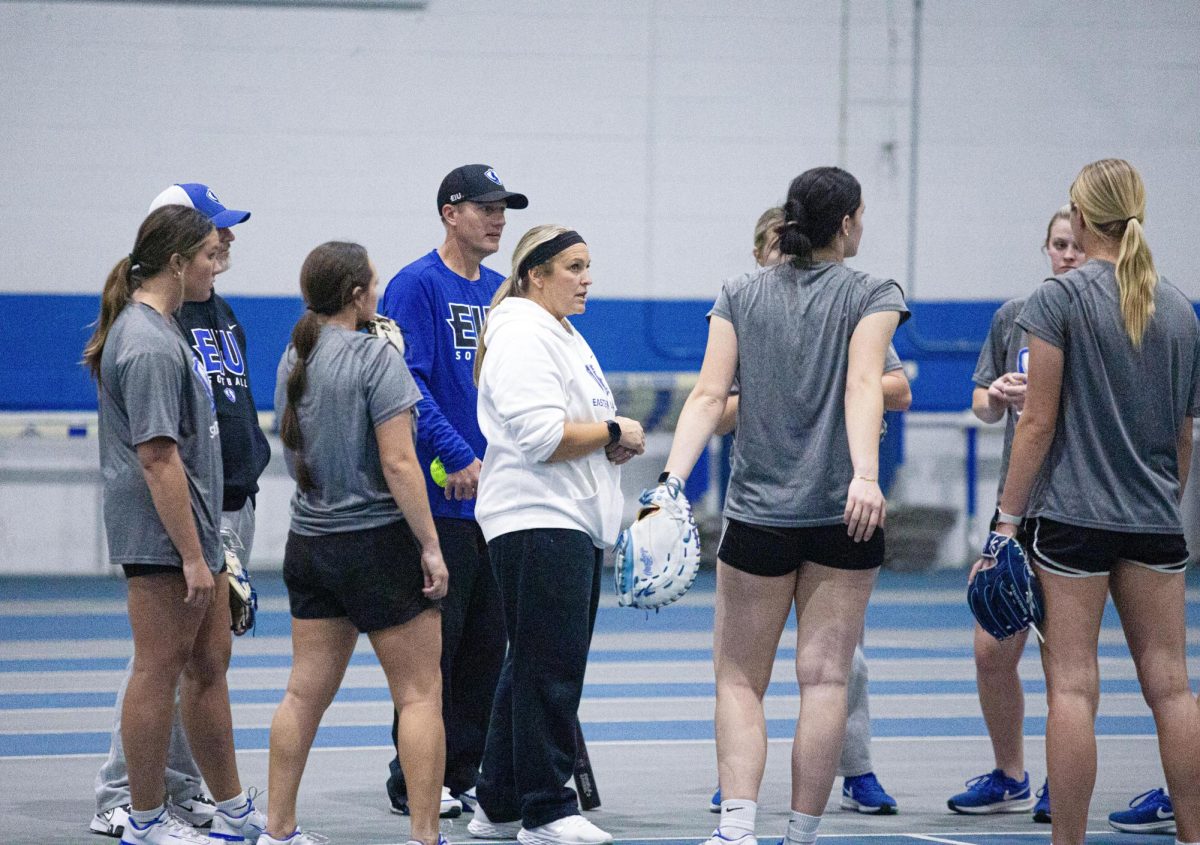
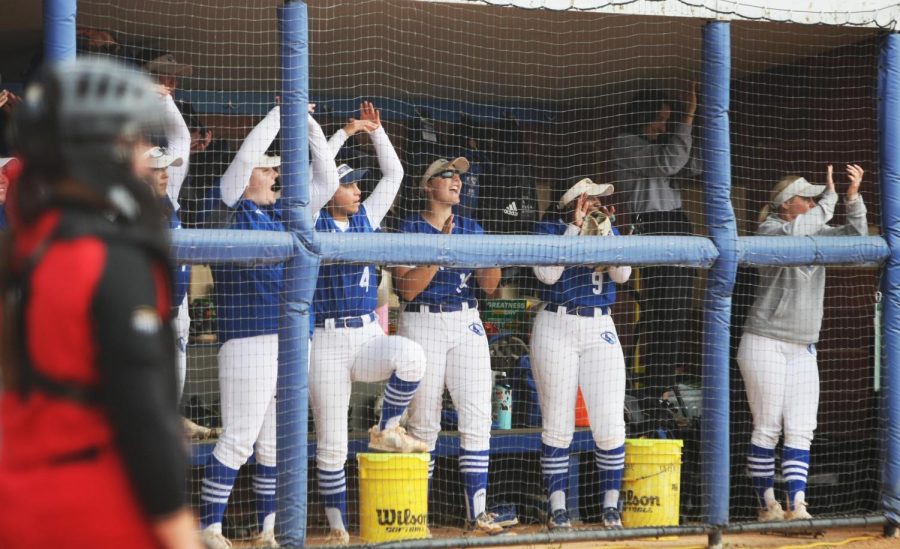













![The Weeklings lead guitarist John Merjave [Left] and guitarist Bob Burger [Right] perform "I Am the Walrus" at The Weeklings Beatles Bash concert in the Dvorak Concert Hall on Saturday.](https://www.dailyeasternnews.com/wp-content/uploads/2025/03/WL_01_O-1200x900.jpg)
![The team listens as its captain Patience Cox [Number 25] lectures to them about what's appropriate to talk about through practice during "The Wolves" on Thursday, March 6, in the Black Box Theatre in the Doudna Fine Arts Center in Charleston, Ill.](https://www.dailyeasternnews.com/wp-content/uploads/2025/03/WolvesPre-12-1200x800.jpg)









